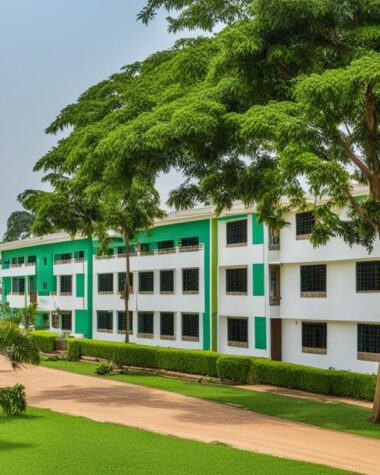-
Quality education: Ghanaian universities offer high-quality education programs that are accredited by the National Accreditation Board (NAB).
-
Diverse student body: Ghanaian universities attract students from all over the country, which creates a diverse and vibrant campus community.
-
Strong alumni network: Ghanaian universities have strong alumni networks that can provide support and guidance to graduates.
-
Opportunities for research: Ghanaian universities offer many opportunities for students to participate in research. This can help students gain valuable experience and make connections with faculty.
-
Affordability: The cost of studying professional courses in Ghana is relatively affordable compared to other countries. This makes it a good option for students who are looking for a quality education without breaking the bank.
FAQs
What are the admission requirements for professional courses in Ghana?
The admission requirements for professional courses in Ghana vary depending on the course. However, in general, you will need to have a high school diploma or equivalent, and you will need to pass the Ghana School Certificate Examination (GCE). You may also need to have certain grades in specific subjects, such as English, mathematics, and science.
What are the costs of studying professional courses in Ghana?
The costs of studying professional courses in Ghana vary depending on the course and the university. However, in general, you can expect to pay tuition fees of around ₵50,000 per year. You may also need to pay for accommodation, books, and other expenses.
What are the job prospects for graduates of professional courses in Ghana?
The job prospects for graduates of professional courses in Ghana are excellent. There is a high demand for skilled workers in a variety of industries, and graduates of Ghanaian professional programs are well-trained and qualified to meet the needs of the country.








